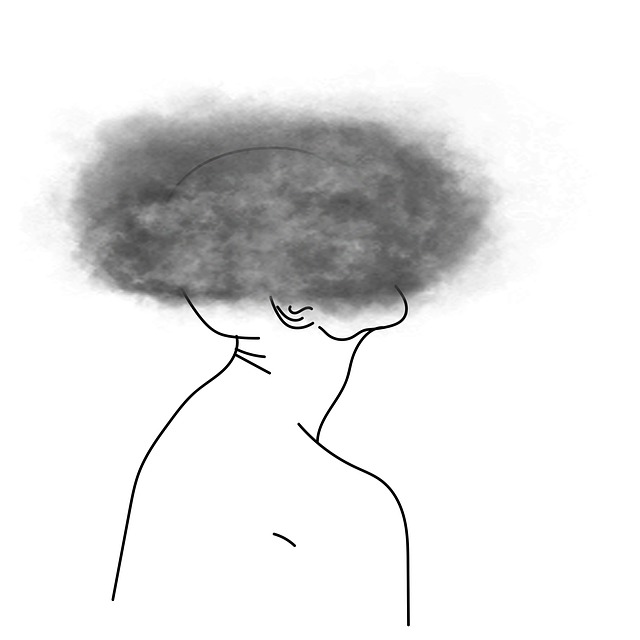
NIH scientists are looking for people to take part in a study on long-COVID. They want to find out why some people with lingering symptoms get better, and others end up with chronic health problems.
Scientists at the National Institutes of Health are now recruiting about 20,000 people as part of an ambitious study to get to the bottom of long COVID. They're looking at more than just fatigue and brain fog in the weeks after an infection. They want to know why some long haulers go on to develop brain or heart problems, metabolic disorders, even autoimmune conditions. NPR's Allison Aubrey joins us to discuss. Allison, we've been hearing about long COVID since early in the pandemic. Two years on, have most people improved or maybe even recovered from these lingering symptoms?
ALLISON AUBREY, BYLINE: Good morning, A. Well, there's some data to show that most people who were sick enough to be hospitalized with COVID had not fully recovered one year out. That's concerning but not completely surprising given many of these patients were older, had underlying conditions. But most people don't fall into this category, A. Many who experience lingering symptoms after COVID do go on to make a full recovery. Whether it's most is something this NIH study can help determine. And one of the doctors leading it, Dr. Stuart Katz of NYU, he knows firsthand, A, the uncertainty, the fear that lingering symptoms can bring. He got COVID in late 2020 and was very spooked by what happened next.
Read more...







